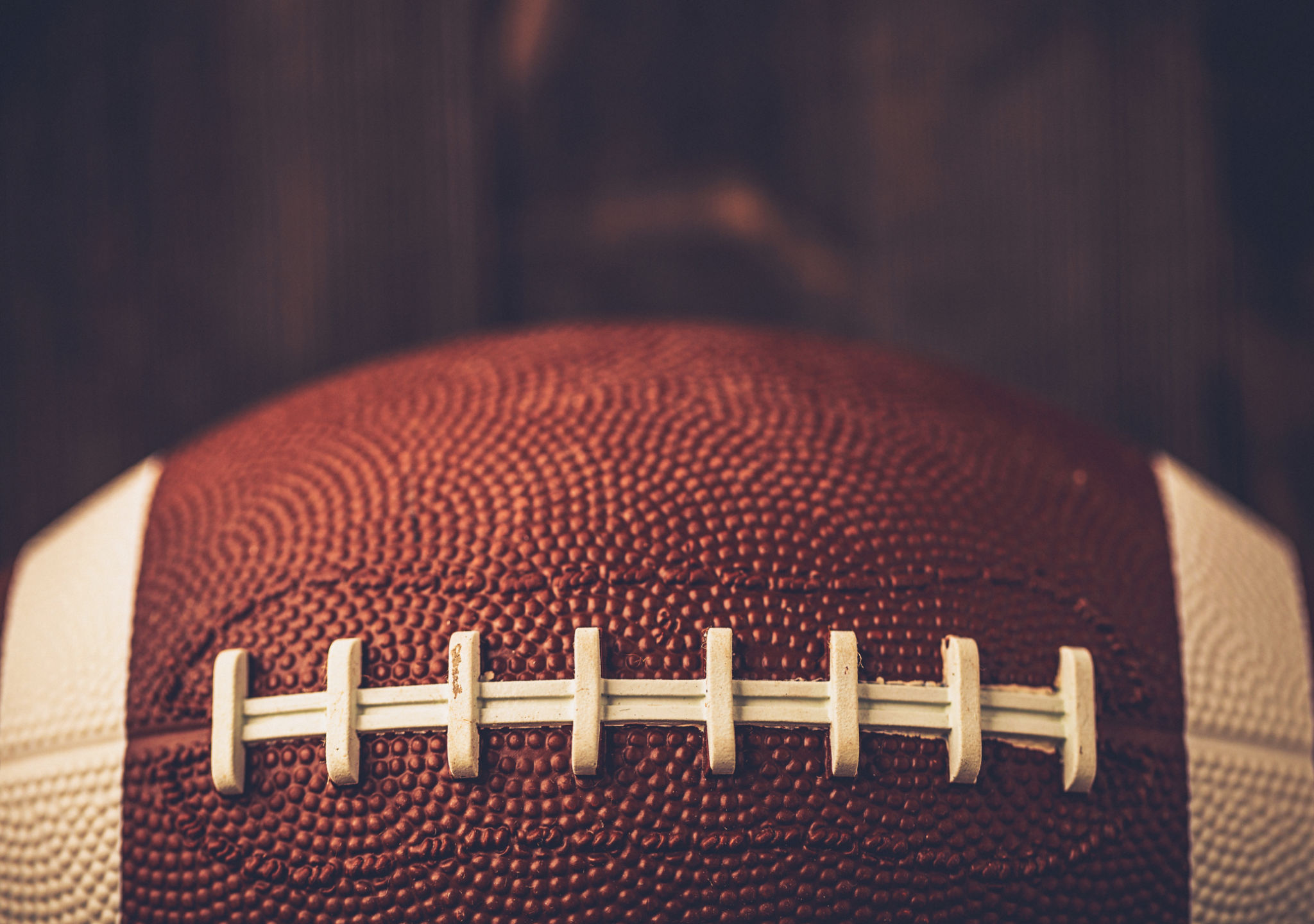Comprehensive Guide to American Football Training for Beginners
Understanding the Basics of American Football
Starting your journey in American football can be both exciting and overwhelming. With its complex rules and strategic plays, understanding the basics is crucial for beginners. At its core, American football is about advancing the ball towards the opponent’s end zone to score points. It’s played between two teams, each trying to outscore the other.
Before stepping onto the field, familiarize yourself with the fundamental rules and positions. Understanding the role of each position, from quarterback to linebacker, will help you appreciate the team's dynamics. Additionally, learning common terminologies such as "touchdown," "field goal," and "safety" can enhance your comprehension of the game.

Essential Physical Conditioning
Physical conditioning is a cornerstone of American football training. As a beginner, it’s important to focus on building strength, speed, and endurance. Incorporate exercises like sprinting, weightlifting, and agility drills into your routine. These activities help in developing the physical attributes necessary for the game.
Cardiovascular fitness is equally important. Long-distance running or interval training can improve your stamina, enabling you to perform consistently throughout the game. Remember, a well-conditioned body not only enhances performance but also reduces the risk of injuries.

Mastering Basic Skills
A solid foundation in basic skills is essential for any beginner in American football. Focus on mastering the art of catching, throwing, and kicking. Regular practice with a partner or solo drills can significantly improve your hand-eye coordination and ball-handling skills.
In addition, tackling techniques are vital for defensive players. Learning how to tackle safely and effectively can make a big difference on the field. Always prioritize safety by using proper form to avoid injuries.

Developing Game Strategy
Understanding game strategy is an integral part of American football. Beginners should start by learning basic offensive and defensive strategies. Offensive strategies might include running plays or passing plays designed to advance the ball down the field.
On the defensive side, strategies are focused on stopping the opponent's offense from advancing. Familiarize yourself with different formations and play calls to understand how teams adapt their strategies during a game.
The Importance of Teamwork
Football is a team sport that relies heavily on teamwork and communication. Each player must understand their role and how it contributes to the overall strategy. Developing good communication skills with teammates can greatly enhance team cohesion and performance on the field.
Participating in team drills and scrimmages helps build trust and familiarity among players. This camaraderie is essential for executing plays successfully during actual games.

Utilizing Equipment Properly
Wearing the right gear is crucial for safety and performance in American football. Beginners should ensure they have properly fitting helmets, shoulder pads, cleats, and other protective equipment. Equipment not only protects against injuries but also provides confidence to play aggressively.
Take time to learn how to maintain your gear and replace it as needed. Proper maintenance can extend the lifespan of your equipment and ensure it continues to provide adequate protection.
Mental Preparation and Focus
Mental preparation is just as important as physical training in American football. Developing a strong mental game involves focus, discipline, and resilience. Visualization techniques can help you prepare mentally for various scenarios you might encounter on the field.
Building mental toughness will enable you to stay calm under pressure, make quick decisions, and recover from setbacks during a game. Consistent practice of mental skills will enhance your overall performance.

Setting Personal Goals
Setting personal goals is a great way to track your progress and stay motivated in your football journey. Whether it’s improving your sprint time or mastering a specific skill, having clear objectives will guide your training efforts.
Regularly assess your goals and adjust them as you improve. Celebrate small victories along the way, as they contribute to your growth and development as a player.
Embrace the learning process and enjoy every moment on the field. With dedication and persistence, you'll find yourself improving steadily in this thrilling sport.
